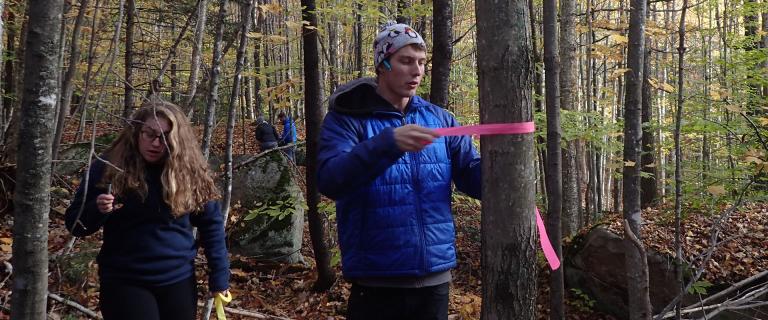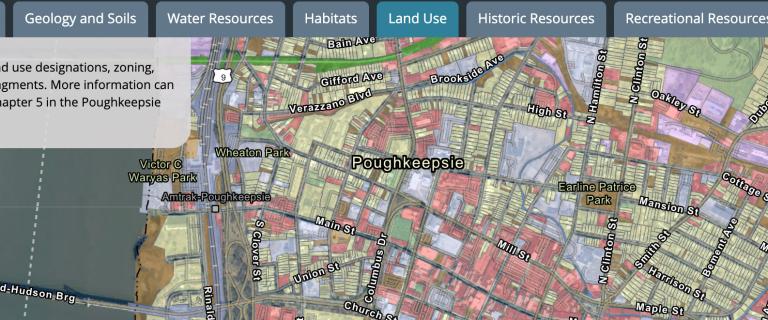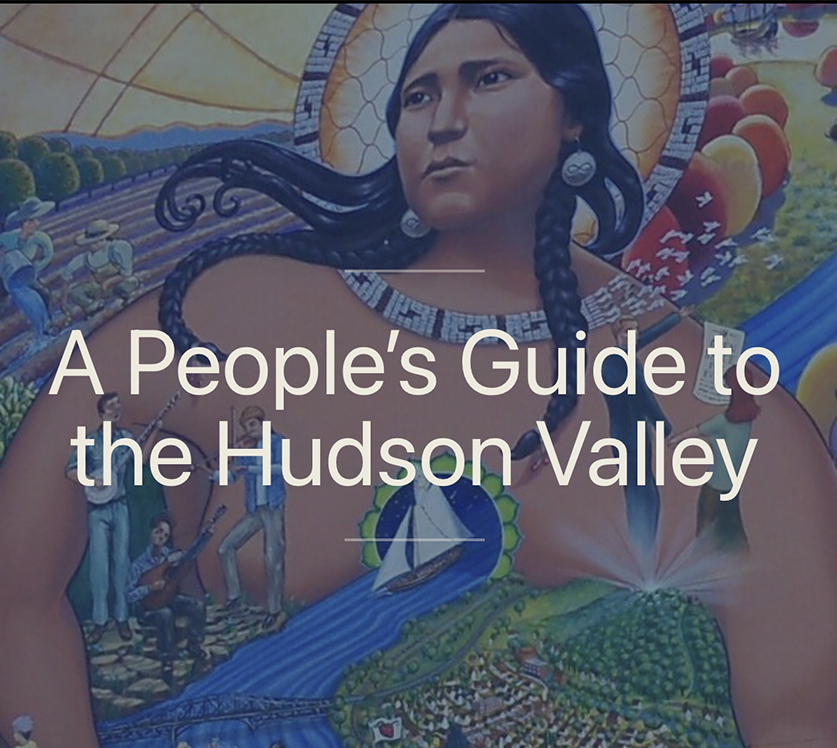Geography
Geography Major
The academic discipline of Geography focuses on the intersection of society, space, and environment, which speaks to many of our most interesting and urgent questions today, such as:
- How does climate affect food production?
- Why does uneven distribution of political economic power and resources relate to conflict along international borders?
- What are the motivating forces of global economic changes and its local impacts?
- How do planners design equitable and sustainable cities?
All of these are problems of uneven distributions of power and resources, across space and among communities. Geographers analyze how unevenness plays out in places where we live and how the flow of people, ideas, and material changes the world. We take an integrative perspective on human and environmental systems, both of which help shape the places and problems we care about.
Careers in Geography
Broad and integrative training in Geography provide majors with grounded knowledge for careers in urban planning, environmental consulting, environmental and urban policy, community development, business, law, government, GIS analysis, education, and many other fields involving community or environmental analysis.
Where should I start?
A number of Earth Science courses, including Introduction-level Earth Science courses, and some intermediate level courses such as Soil, and Water also count toward the Geography major.
Courses and Requirements
Courses and Requirements
Academic requirements and courses are available in the Vassar College Catalogue.
If you are wondering where to start, here are some pointers: What classes should I take?
Learning Objectives in Geography
- Demonstrate in written and oral work an understanding of the dynamic and complex nature of linkages among humans, other life forms, and the environment, while doing so in regard to variations in space, time and social relations. (Geographic concepts and synthesis)
- Develop proficiency in the theory and practice of one or more topic areas of the discipline, such as cartography, political geography, economic geography, urban geography, and environmental conservation. (Methods and theory)
- Demonstrate proficiency in careful writing, centered around a clear research question, and substantiated by an argument supported through evidence. Such work will manifest strong analytical skills with respect to spatial forms and representations, such as maps, geographic patterns, landscape analysis, qualitative and quantitative data, photographic and visual depiction, and/or archival documentation of historical geography. (Reasoning and Communication)
Major
Earth Science and Society Major
Correlate Sequence
Thesis guidelines
Learn more about planning, formatting, and submitting a thesis.




